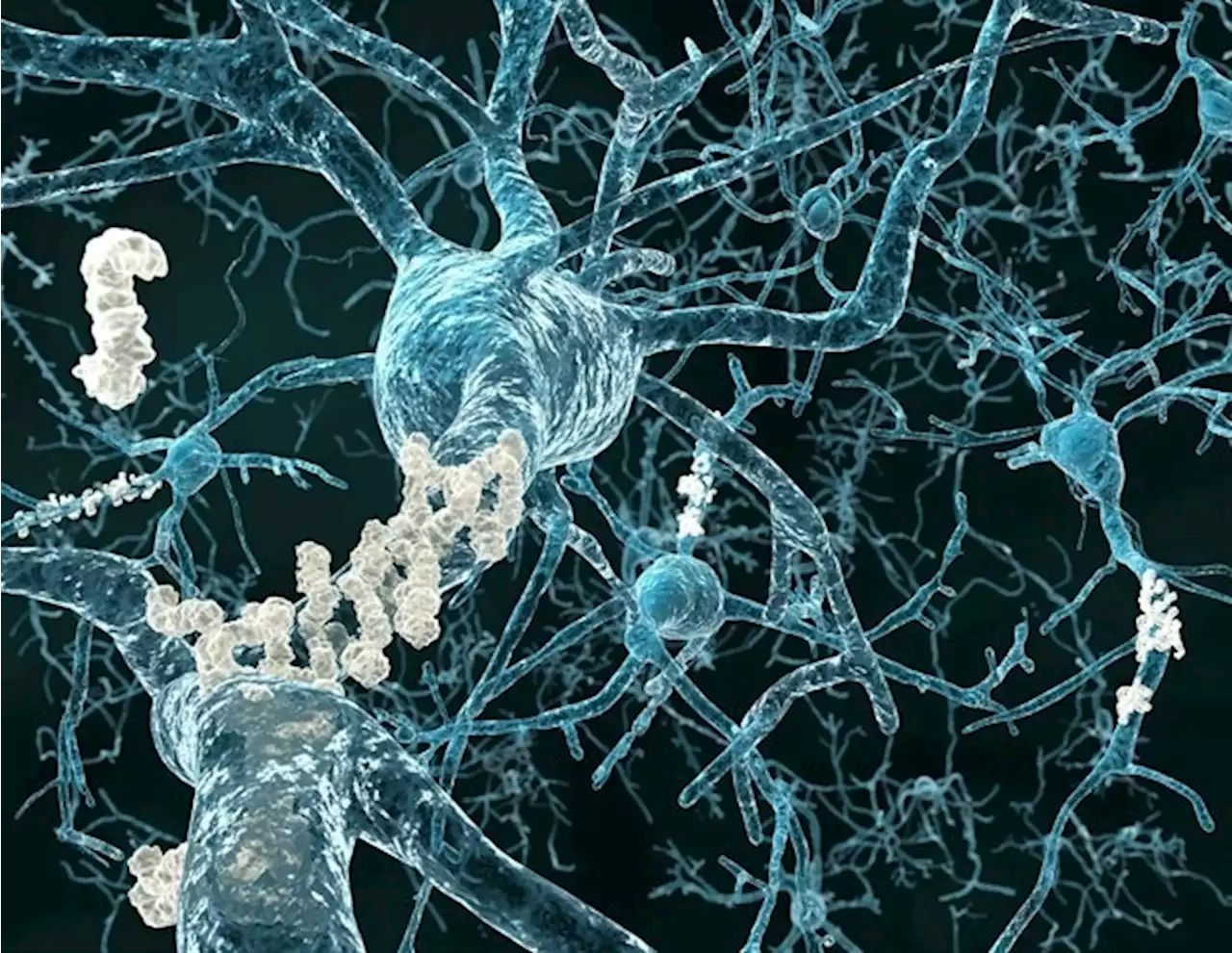The University of Texas Health Science Center at San Antonio (also called UT Health San Antonio) and seven regional collaborators will leverage $46 million from the National Institutes of Health (NIH) over the next five to seven years to translate scientific discoveries into therapeutic benefits for human health and well-being.
A key focus will be reducing health disparities among Mexican Americans, active military personnel and veterans.
"Translational research has tended to focus on a particular disease, such as diabetes or lupus, and ask specific questions about causes, outcomes or interventions. With this new award, we will ask broader questions about clinical translational science, such as how to push ideas along toward national application in the clinic more quickly and effectively," said Robert A.
Related Stories"This is a unique opportunity to truly engage the community to identify needs and build responsive health research, programs and communications that will make a difference in the lives of South Texans and serve as a model for other communities with large Latino populations," Ramirez added.The Institute for Integration of Medicine & Science has offered pilot project awards since the first CTSA grant in 2008, typically $50,000 for one-year projects.
"These partners provide input to our leadership and in some cases serve as co-leaders of one or another of the CTSA components," Clark said. "They also are a source of talented students and junior faculty for the training and career development portions of the CTSA."
United Kingdom Latest News, United Kingdom Headlines
Similar News:You can also read news stories similar to this one that we have collected from other news sources.
 New study finds closing racial health disparity gap and addressing individual health are not mutually exclusiveOver the past decade, much of the U.S. health care industry has begun omitting race when predicting and diagnosing disease, thought of as a way of reducing health disparities and curbing systemic racism in health care.
New study finds closing racial health disparity gap and addressing individual health are not mutually exclusiveOver the past decade, much of the U.S. health care industry has begun omitting race when predicting and diagnosing disease, thought of as a way of reducing health disparities and curbing systemic racism in health care.
Read more »
 NIH supports research to understand the genome-metal interactions in nonalcoholic fatty liver diseaseWanqing Liu, Ph.D., professor of pharmaceutical sciences in the Wayne State University Eugene Applebaum College of Pharmacy and Health Sciences and of pharmacology in Wayne State's School of Medicine, received a $3 million, five-year award from the National Institute of Environmental Health Sciences of the National Institutes of Health.
NIH supports research to understand the genome-metal interactions in nonalcoholic fatty liver diseaseWanqing Liu, Ph.D., professor of pharmaceutical sciences in the Wayne State University Eugene Applebaum College of Pharmacy and Health Sciences and of pharmacology in Wayne State's School of Medicine, received a $3 million, five-year award from the National Institute of Environmental Health Sciences of the National Institutes of Health.
Read more »
 Max Planck Florida receives NIH funding to investigate the neural circuits underlying Alzheimer's diseaseMax Planck Florida will be able to expand their research program to investigate the neural circuits underlying Alzheimer's disease with new support.
Max Planck Florida receives NIH funding to investigate the neural circuits underlying Alzheimer's diseaseMax Planck Florida will be able to expand their research program to investigate the neural circuits underlying Alzheimer's disease with new support.
Read more »
